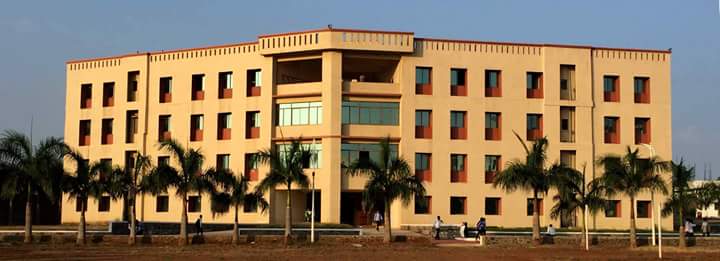
IIIT Pune Indian Institute of Information Technology
The Indian Institute of Information Technology, Pune (IIITP), is one of the Indian Institutes of Information Technology, a group of Institutions of Higher Education in India aim to focus on Information Technology. IT is established in July, 2016 by the Ministry of Human Resource Development, Government of India and some industry partners as Not-for-Profit Public Private Partnership (N-PPP) institution. The mentor of the Indian Institute of Information Technology (IIITP) is Government College of Engineering, Pune (CoEP).
IIITP is based in Pune, Maharashtra and began its academic sessions in July 2016. The institute is functioning from the temporary campus of Trinity Academy of Engineering of KJEI, in the beautiful foothills of Bopdev Ghat, Yevalewadi, Pisauli, Pune. For the academic year 2018-19, he offered two courses in Bachelor of Technology (B. Tech).
• B. Tech in Computer Science and Engineering (CSE)
• B. Tech in Electronics and Communication Engineering (ECE)
In 2019-20, the institute has an intake capacity of 150 students for CSE and 75 students for ECE. From 2019-20, the institute has introduced Masters of Technology (M. Tech) and Doctor of Philosophy (Ph. D) programs. The M. Tech programs are designed to provide students with the latest aspects of technology through introduction and advanced level courses, followed by research in their area of specialization. The institute provides M. Tech program with specialization in Artificial Intelligence (AI) with its own Department of CSE and Internet of Things (IoT) in ECE Department. The M. Tech programs are a two-year structured program consisting of a one-year curriculum and a one-year project / credit component of the thesis.
The Ph.D program aims to assist students who have gained proficiency in their chosen field of research. Ph.D. degree is broad-based and involves the submission of a course credit requirement and a research thesis. The institute encourages research in interdisciplinary areas through joint supervision and a system of inter-group activities.
Courses
Highlights
• IIIT Pune offers B.tech, M.tech and PhD programs in various specializations.
• Pedagogy of IIIT Pune is unique and project-based learning.
• IIIT Pune has quality faculty with many years of experience in other leading colleges.
• IIIT Pune provides industrial exposures by organizing industrial visits, internship programs etc.
• IIIT Pune is committed towards academic excellence.
• IIIT Pune offers a Ragging free safe campus for its students
Facilities
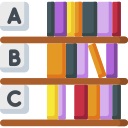
Ransomware by ./M789

Cafeteria

Hostel

Sports Complex

Gym

Medical Facilities

Wi-Fi Campus

Labs
Gallery
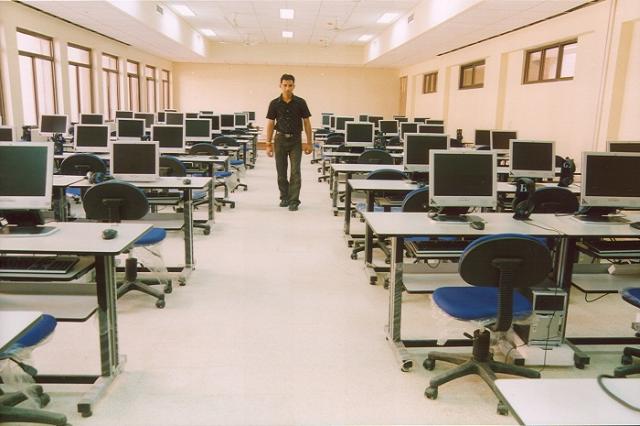
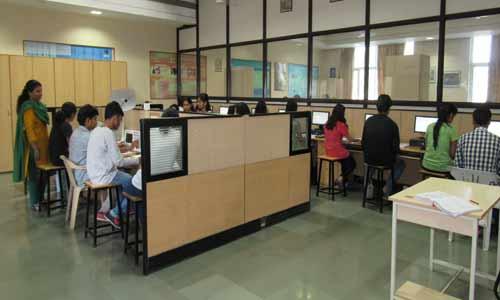
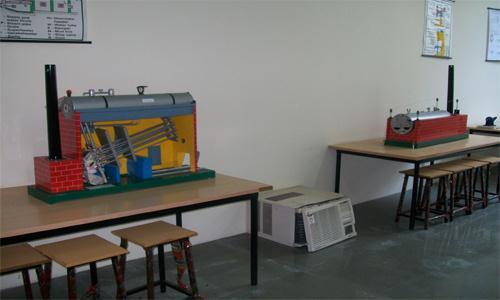
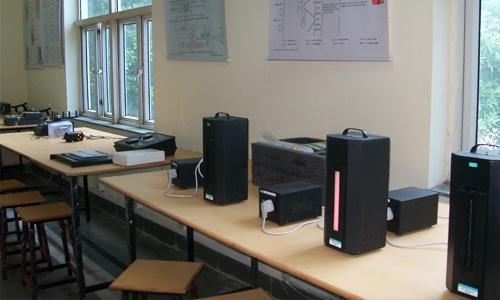
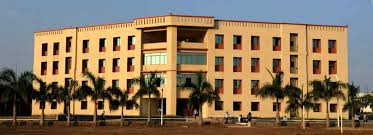
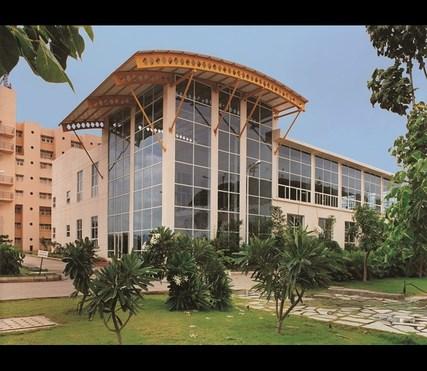
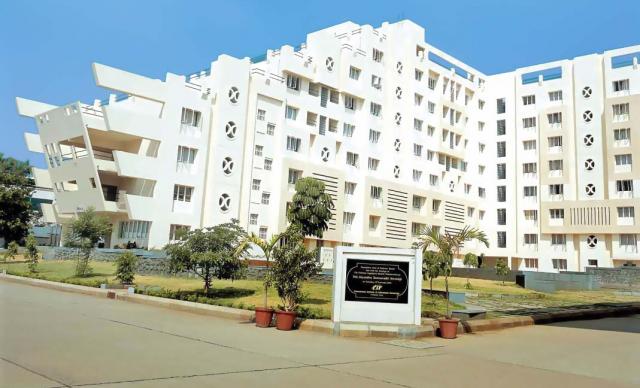

Contact
Indian Institute of Information Technology, Pune Sadumbare, Talegaon-Chakan Road Tal-Maval,Dist-Pune, Pin-412109
sns.mech@coep.ac.in
-
PGDM-Post Graduate Diploma in Management
Total Fee: INR 745000
-
B.Com Bachelor of Commerce
Total Fee: INR 240000
-
PGDM-Post Graduate Diploma in Management
Total Fee: INR 745000
-
B.Com Bachelor of Commerce
Total Fee: INR 240000
-
PGDM-Post Graduate Diploma in Management
Total Fee: INR 745000
-
B.Com Bachelor of Commerce
Total Fee: INR 240000
-
PGDM-Post Graduate Diploma in Management
Total Fee: INR 745000
-
B.Com Bachelor of Commerce
Total Fee: INR 240000
Highlights
- International Institute of Business Studies (IIBS) is an AICTE Approved college which is recognized by Ministry of HRD, Government of Indias
- IIBS rated India’s No.1 emerging B-School in placement by Samaja Parivarthana
- Faculty of IIBS consists of experienced corporate faculty with 65% Ph.D. holders
- Ranked 2nd among 'Top 10 Southern B Schools' by Silicon India, 2017
- Ranked 3rd in Placement among the Best B-School in India 2017 by Silicon India
Modern Facilities
- Smart Classroom: IIBS provides fully equipped classroom with air-conditioned, projectors, remote controlled LCD and high speed connected computers and cordless microphones
- Library: It is fully equipped by highly information recourses like latest periodicals, reference texts, management text books, national and international journals and DVDs and well organized
- Digital Library: Students of IIBS can be access the digital library through any computers by using their ID and password
- Auditorium: IIBS auditorium is fully furnished and laced with all modern devices to more impactful view
- Hostel: IIBS provides hostel accommodation for boys and girls with mesh facility
Conducting IIMs have been changed the pattern of the CAT exams several times over the years. It is extremely beneficial for the aspirants to know the CAT paper pattern as it helps in preparation and the aspirants can prepare according to the pattern and weightage of the topics.
Overview of the Exam Pattern of CAT 2020
| Mode of the Exam | Online Only |
|---|---|
| Total number of Questions | 100 |
| Total Marks | 300 |
| Duration of the Examination | 3 hours (180 minutes) |
| Sectional Division of the Paper | 3 sections |
| Types of the Questions | Both MCQs and Non MCQs |
| Marking Scheme |
For Correct Answers → +3 marks For Incorrect Answers → -1 mark For Unattempted Questions → No marks |
| Name of the Sections |
1. Verbal Ability & Reading Comprehension 2. Logical Reasoning & Data Interpretation 3. Quantitative Aptitude |
This Exam is conducted once in a year usually in the month of November on online mode and it is expected that this year this exam will held in the last week of November. The question paper contains 100 questions to be solved in 3 hours. 3 marks are assigned for correct answer and 1 mark is deducted for wrong answer in CAT Exam. English is the only medium of answering the questions. Each question consists of four choices from which only one is correct, candidates have to select the right answer from the given options.
CAT question paper consists of three sections divided as
- 1. Verbal and Reading Comprehension (VARC)
- 2. Data Interpretation & Logical Reasoning (DI & LR)
- 3. Quantitative Ability (QA)
Overview of the Exam Pattern of CAT 2020
| Section’s Name | Number of Questions | Duration (in mins) |
|---|---|---|
| Verbal and Reading Comprehension (VARC) | 34 | 60 |
| Data Interpretation & Logical Reasoning (DI & LR) |
VA → 10 Questions RC → 24 Questions |
60 |
| Quantitative Ability (QA) |
DI → 16 Questions LR → 16 Questions |
60 |
| Total | 100 | 180 minutes (3hours) |
Verbal Ability and Reading Comprehension Section
This section is a combination of two sub-sections namely Verbal Ability (VA) and Reading Comprehension (RC). The main focus of this section is on the English language skills of the candidates and how they understand and elucidate the paragraphs and Passages. This section consists of 34 questions, 10 questions of Verbal Ability and 24 questions of Reading Comprehension. Verbal ability sub-section consists of questions related to Para-jumbles, Summary based questions, Sentence Correction and Completion. The other sub-section, Reading Comprehension is based on the questions related to Vocabulary, title etc.
Logical Reasoning & Data Interpretation Section
This section is also divided into two sub-sections, one is Logical Reasoning (LR) and other is Data Interpretation (DI). A total of 32 questions are asked in this section, 16 questions from both the sub-section. LR section contains solvable questions generally from the topics like inequalities, symbol operations, direction sense test etc. On the other hand DI section is a little difficult and time-consuming section as it consists of several confusing data case lets questions. This section contains tricky question and a little mistake in understanding the case lets can lead the candidates to attempt all the questions from a particular set incorrectly.
Quantitative Aptitude Section
This section is a standalone section which comprises only numerical questions from different topics of Math. A total of 34 questions are asked in this section. This section contains questions based on Basic Arithmetic, Number System, Geometry, Algebra, Modern Math etc. The questions in this section ranges from easy to moderately high and can be answered easily with proper practice of the syllabus of Quantitative Aptitude.
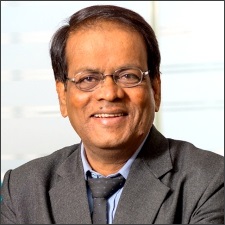
|
Prof. Prabhakar H
B.Sc., PG in HRD, PG in Training & Development |

|
Prof. Prabhakar H
B.Sc., PG in HRD, PG in Training & Development |

|
Prof. Prabhakar H
B.Sc., PG in HRD, PG in Training & Development |

|
Prof. Prabhakar H
B.Sc., PG in HRD, PG in Training & Development |

|
Prof. Prabhakar H
B.Sc., PG in HRD, PG in Training & Development |

|
Prof. Prabhakar H
B.Sc., PG in HRD, PG in Training & Development |
Facilities













CAT 2020 will be conducted in the following cities:
| Port Blair | Kurnool | Nellore | Tirupati |
| Vijaywada | Visakhapatnam | Chittoor | Itanagar |
| Dibrugarh | Guwahati | Silchara | Aurangabad |
| Gaya | Muzaffarpur | Patna | Chandigarh |
| lorem | lorem | lorem | lorem |
Contact Us
#75, Muthugadahalli, Bangalore North Jala Hobli, near International Airport airport(New Airport), Bangalore ( Karnataka)
admission@iibsonline.com









